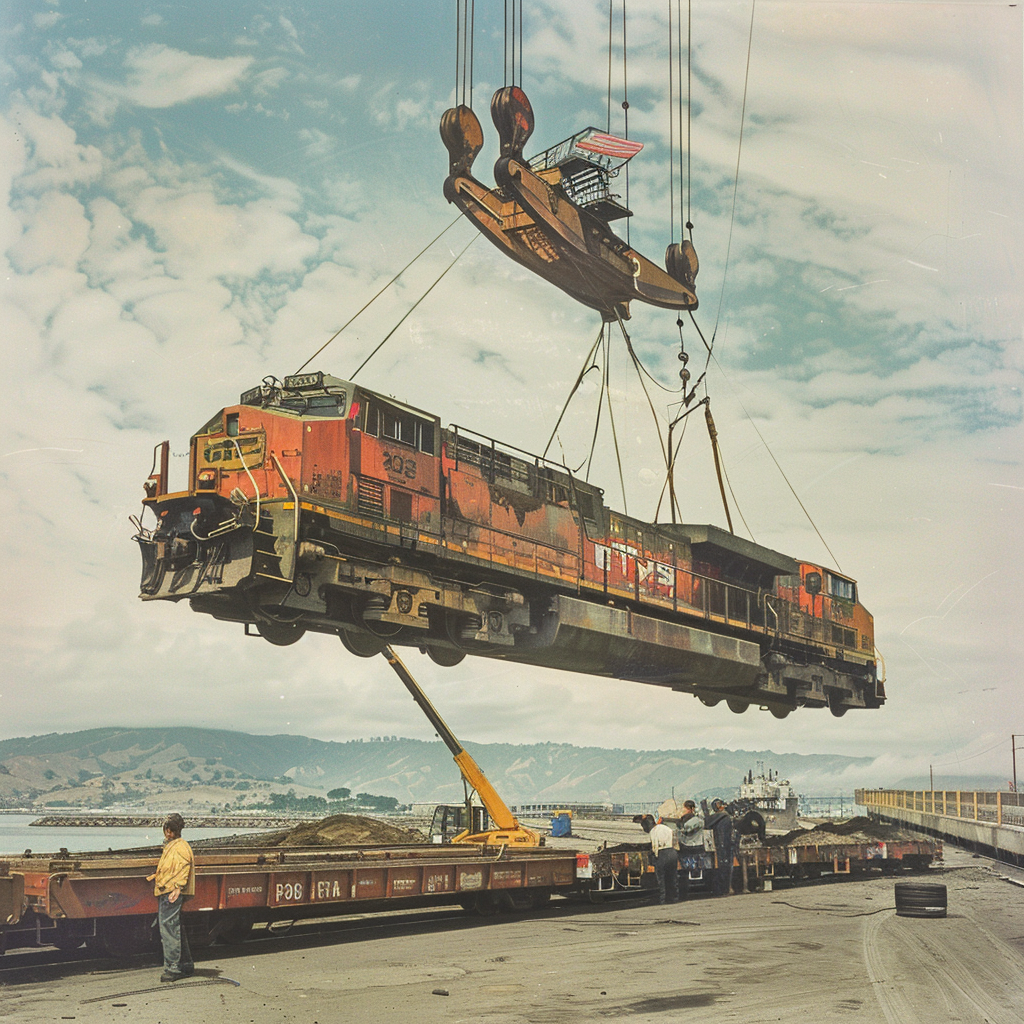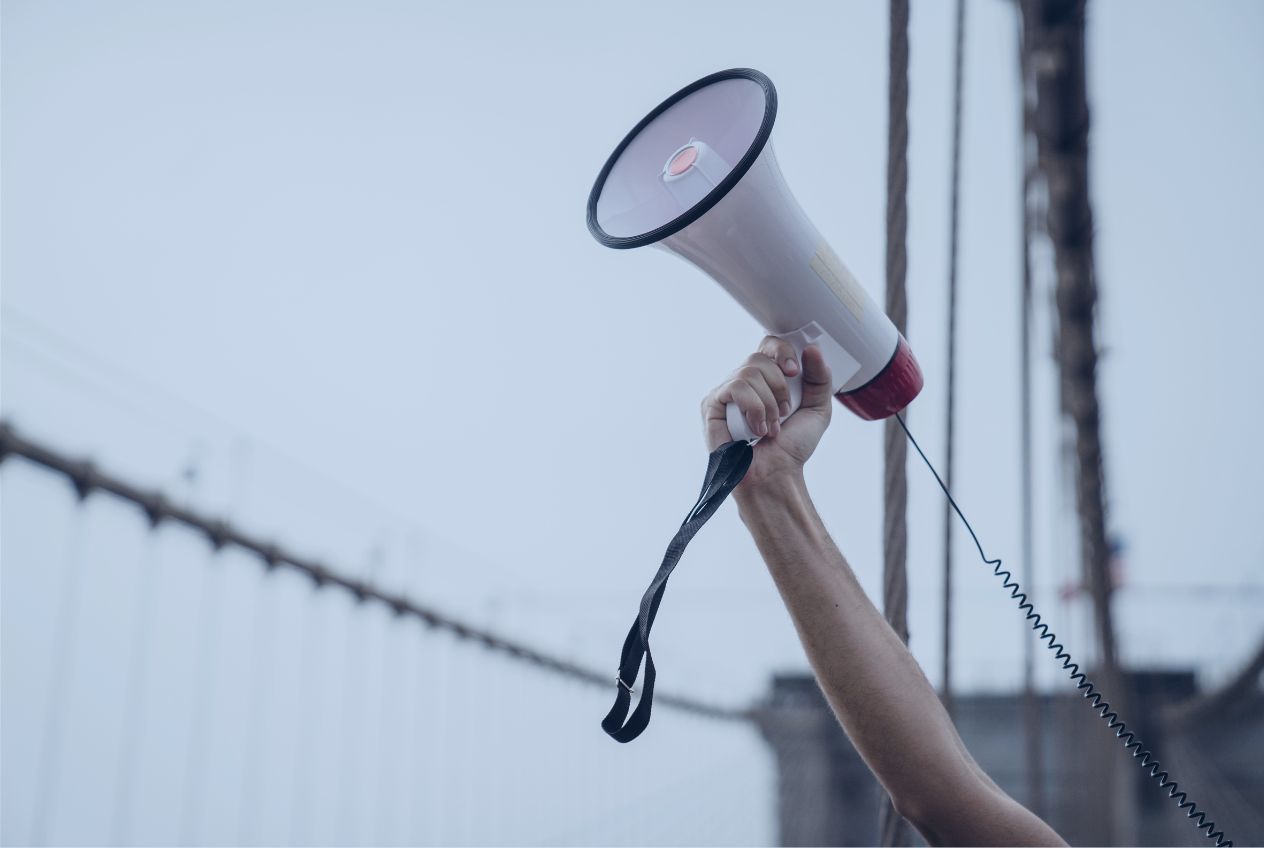
The State of California has a unique point of view on the future of private rail transportation. Environmental regulators in the Golden State are seeking to impose an industry-wide transition plan for locomotives, forcing them to switch to “emission-free” trains within a time span of just over ten years.
That’s the scope of a rule passed by the California Air Resources Board, called In-Use Locomotive Regulation, forcing rail firms that pass through the state to switch to mostly electric train cars by the year 2035 in order to “achieve emission reductions from diesel-powered locomotives.”
Considering the market for emission-free locomotives is, at present, nonexistent, this rule attempts to speed up the entrepreneurial process for developing alternative energy sources for the trains that power a large proportion of the American transportation economy.
This same rule would also require rail firms that operate in California to set funds aside in a mandated “Spending Account” that will be presumably used for some level of environmental compliance.
While that effort may be in earnest, it will likely end up costing both rail firms and the consumers that rely on those firms to transport their goods dearly, driving up prices across the economy while providing no useful benefits for the climate nor consumers.
In staking out the regulatory path for this rule, we must ask whether the State of California is using climate rules to regulate trains out of existence?
As an organization, the Consumer Choice Center is deeply concerned with how regulatory changes impact consumers for better or worse and add to the mounting cost of living when Americans buy both goods and services.
We believe there are more innovative ways to craft railroad policy in our nation in a way that will provide better dividends, lower prices, and more savings to consumers, all while respecting the principle of technology neutrality and innovation that will help speed along an energy transition.
The rule as proposed by California’s environmental regulators, however, would do the opposite.
This was the comment we provided to the Environmental Protection Agency (see below), which must consider the CARB’s rule before it can be finally authorized and adopted, according to the guidelines provides by the federal Clear Air Act. We also provided comment on a coalition letter with a group of other taxpayer, consumer, and nonprofit organizations.
Because the regulation imposes significant costs on rail firms, and because California happens to be the most populous state, it is likely that such a rule would have wide ripples throughout the country, and we therefore encourage the EPA to reject the waiver sought by state regulators.
Beyond the dubious legal and jurisdictional circumstances that propel this proposed state regulation, we believe it would also serve to negatively harm consumers who will suffer from higher prices on end goods, fewer innovations in transportation generally because of the massive compliance costs, and would end up acquiescing most of our nation’s environmental policies to a few partisan regulators in our most populous state – policies that do more harm than good.
“US consumers don’t deserve California-imposed regulations that raise the prices of their goods”
In the 21st century, railroads still remain an integral part of the domestic consumer economy, moving over 1.6 billion tons of commodities and goods between ports, factories, and warehouses. While container ships may bring raw materials and products to ports, freight rail is used to transport those items to trucking centers or distribution hubs before they make their final trajectory.
These “middle miles” for commodities and finished products we buy both online and in stores mean that millions of American consumers depend on a highly competitive, efficient, and productive freight rail industry to get products in our homes and businesses.
While competition for transportation of both raw and finished goods is intense – whether it be by trucking, rail, or air freight – the existing restrictions and bureaucratic requirements imposed on freight rail firms have subjected the industry and those who depend on it to an unpredictable regulatory regime and enforcement more akin to central planning than a robust system of free enterprise.
The regulation sought by the CARB would not only undermine progress in competition in transportation, but it would also allow state regulators to pick the winners and losers in nation-wide transportation.
The CARB’s regulation would require “emission-free” locomotive trains by the next decade, something that is not yet feasible nor even possible. It would also require different rail firms to purchase entirely new fleets of trains that would fit these stringent rules, representing costs of billions of dollars throughout the economy that will inevitably be passed on to shipping clients and the consumers that depend on the products to be shipped. This would represent a direct tax on consumers without a measurable climate goal, which should be reason enough to reject this proposal.
There is little to no evidence that forcing newly built trains will somehow make a measurable difference in the fight against climate change, especially considering that rail represents one of the transportation industries with the lowest CO2 emissions, and is constantly improving on its own and by its own incentives. Such a rule elevates government-directed innovation over market-based innovation, and would likely end up being much more costly without discernible results for the climate.
What’s more, the California rule would require rail firms to commit to the bizarre funding of “spending accounts” in order to comply with future environmental regulations. Instead of investing in more efficient and affordable transport that can carry savings on to consumers who rely on shipped goods, companies would be required to set aside money directly in response to new regulations not yet written.
This is not only an extralegal requirement to put on private business, but it would also be a dangerous precedent for the regulation of any industry, especially one that is relied upon by millions of Americans. Interstate commerce, represented by rail firms, trucking, and even aviation, should not be required to follow additional costly mandates by one particular state in contravention of our Constitution.
Rather than impose unworkable and costly environmental regulations on railroads, Americans deserve innovative railroad policies that increase competition, generate investment, and ensure that lower costs can be passed down to consumers who rely on rail for their homes and businesses.
The current framework of the California Air Resources Board’s locomotive rules stands against the principles of consumer choice, innovation, and the American system of competition.
For the sake of all consumers, we hope the EPA rejects this waiver and does right by Americans who deserve better rules and regulations to address their way of life.




